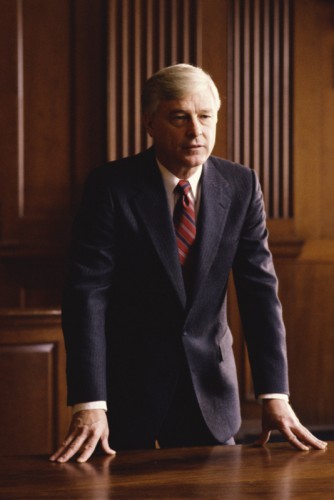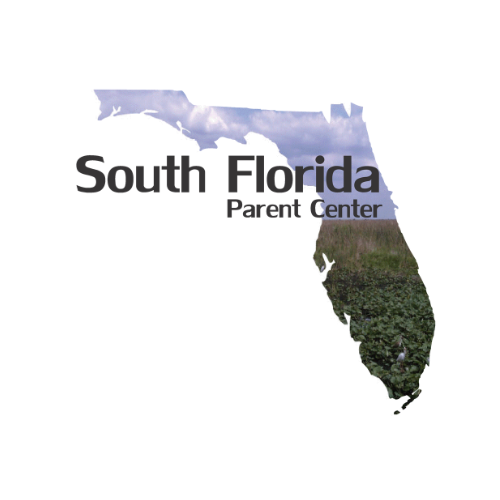 There is only one type of individual that OSEP (Office of Special Education Programs) has discouraged from attending an IEP meeting and that is an attorney. While school attorneys are not expressly forbidden from attending IEP meetings, they are strongly discouraged. Question 29 in Appendix A to the IDEA 1997 regulations at 34 C.F.R. Part 300 states:
There is only one type of individual that OSEP (Office of Special Education Programs) has discouraged from attending an IEP meeting and that is an attorney. While school attorneys are not expressly forbidden from attending IEP meetings, they are strongly discouraged. Question 29 in Appendix A to the IDEA 1997 regulations at 34 C.F.R. Part 300 states:
“The presence of the agency’s attorney could contribute to a potentially adversarial atmosphere at the meeting . . . Even if the attorney possessed knowledge or special expertise regarding the child (Sec. 300.344(a)(6)), an attorney’s presence would have the potential for creating an adversarial atmosphere that would not necessarily be in the best interests of the child. Therefore, the attendance of attorneys at IEP meetings should be strongly discouraged.”
http://ezinearticles.com/?4-Parenting-Tips-to-Avoid-School-Districts-Attorney-at-Special-Education-IEP-Meetings&id=1546559
Unfortunately, parents are often ill-prepared for what they will be required to do when entering into litigation. It’s definitely a David and Goliath scenario. I always tried to avoid actions that would bring the district’s attorney into the equation. The price of a stamp usually outweighs the more formal options when seeking a form of compliance or dispute resolution.
Most school systems have seemingly unlimited resources including contracts with law firms that protect the interests of their client, the school district. That includes any special education dispute. They have deeper pockets and their available resources tip the scales in the favor of the school district when it comes to litigation. It’s important to understand that FAPE (Free Appropriate Public Education) is not a guarantee, but an opportunity for accessing an education.
Now, let’s take a minute and ask ourselves exactly who benefits from prolonged litigation. Is it the student? No. The parents? No. The teacher? No. The parents’ attorney? No. They only get paid if they prevail, so their incentive is to resolve the conflict. The school board’s attorney? Perhaps. The district counsel bills by the hour and is paid regardless of the outcome or closure.
I have come to the realization that there are no winners when it comes to litigating education in court. Regardless of who wins, the trust and collaboration are lost. To some, a forced collaboration is better than none at all. The end result of any educational litigation, unless you are seeking private placement, is that you end up working again with the people you just battled in court. Also, note that of all the options available in dispute resolution, the right to request a due process hearing is the only one that doesn’t state “at no cost to the parent.” This is another reason I am in favor of being collaborative and proactive rather than adversarial and reactive. So, the best place to work out disputes is in the building where your child is served and with the school principal where eventually the service that was disputed would be provided.
So, why do I have to become a school-yard attorney to take advantage of things others just take for granted? It’s because of the residual effect of getting the laws in place and then defining their meaning by establishing case law. It’s been done and there is plenty of guidance in place, so why add more litigation? Forced collaboration is not what is best. The best option is to have parents involved at every level, from building advisory boards to district school board meetings. Try using some of your other procedural safeguards and learn to work with educators. And please, move away from the belief that everything needs to be a fight. It just isn’t so. If you are an informed, involved parent following the process of IDEA, there is no need. Parents and professionals working together provide the best outcomes for children. Informed parents make the best choices for their families. All this and not one single lawyer joke! Aren’t you proud of me?
Today I close with this mantra: “Finding ways to work through differences on a school-based level is best. The more parents are involved at the school level, the more successful and meaningful their participation becomes.”
